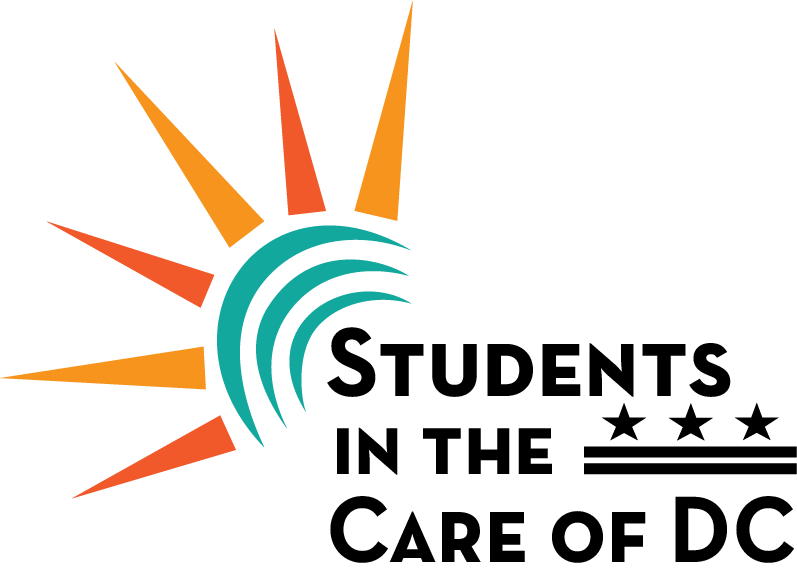Students in the care of the District of Columbia face unique challenges that impact their educational and workforce outcomes.The SCDC Working Group found that students in D.C.’s care often are placed outside of the District, attend multiple schools, and experience systemic challenges to enrollment, credit transfer and the delivery of special education services.
Under D.C. law, every parent, guardian or other person who resides in D.C. and has custody or control over a minor, has a responsibility to ensure that youth regularly attends school. For students with identified special needs, the District provides educational services in pursuit of a high school diploma until age 22. When youth and young adults are placed in the care of the Child and Family Services Agency (CFSA), detained, committed or incarcerated within the District’s juvenile or criminal justice system, the government then assumes guardianship and is accountable for that student’s education.
Therefore, meeting the educational and workforce development needs of students in D.C.’s care and ensuring that educational and workforce development offerings are of the same quality and rigor of those offered to the general student population is the District’s responsibility.

